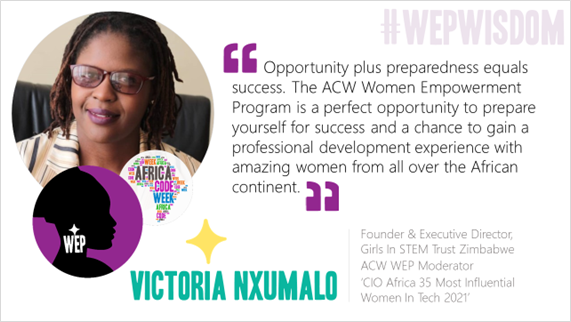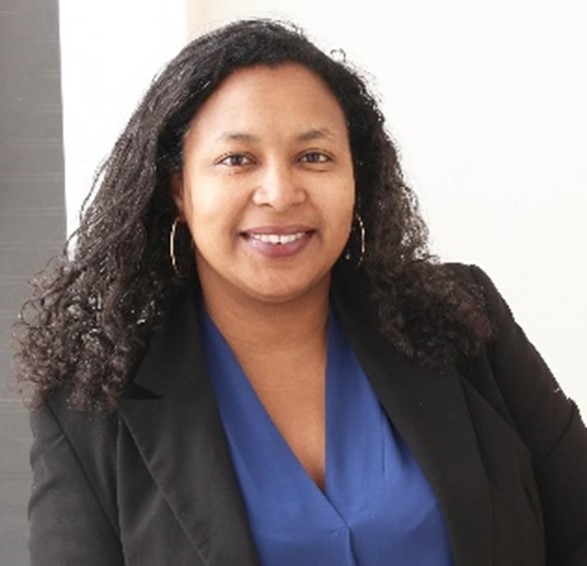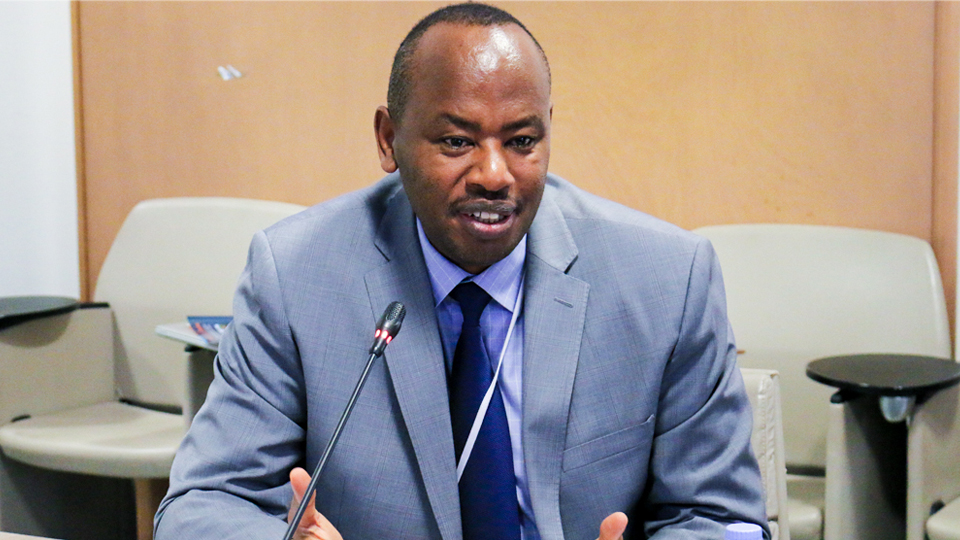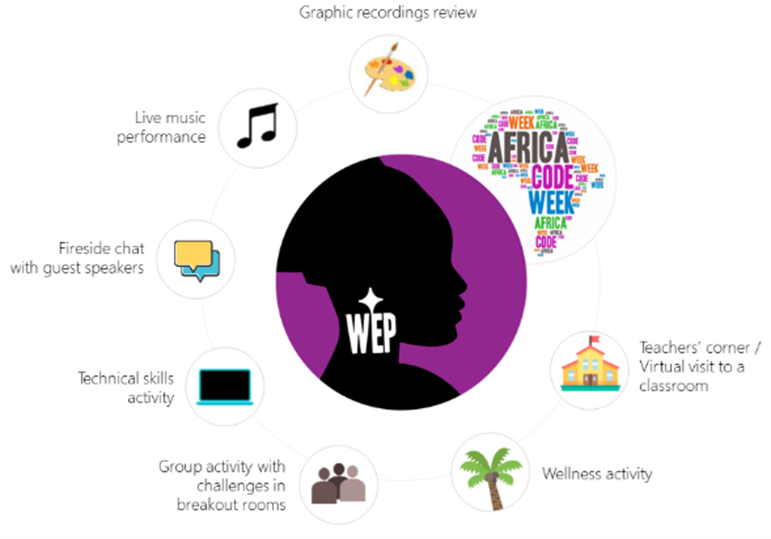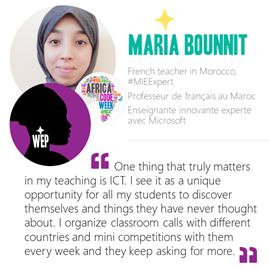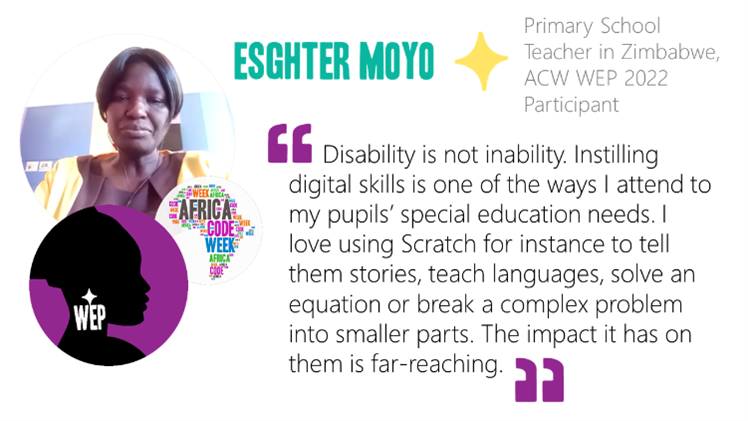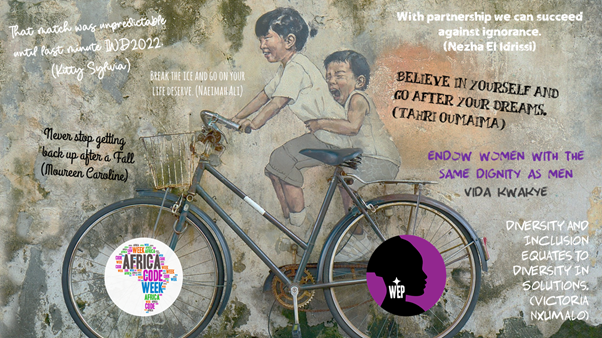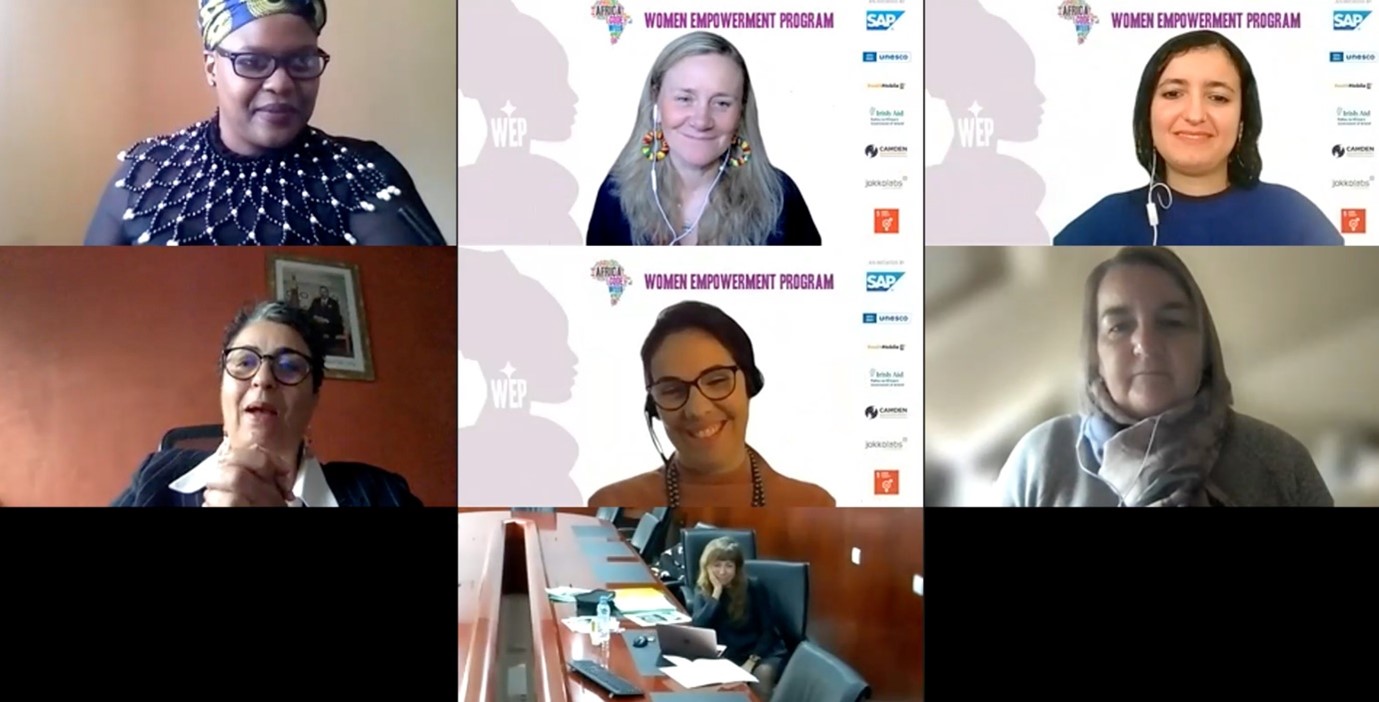The 2023 Africa Code Week comes up this October. During this period, we focus on providing access and improving the circumstances towards developing more creative and innovative coding talents. Part of the activities towards this year’s code week will include question and answer sessions with notable personalities and influencers who will help highlight the value of coding in addressing various challenges in Africa.
In an increasingly interconnected world, coding has emerged as a powerful tool for driving impact and addressing serious societal challenges. The Executive Secretary of the Association for the Development of Education in Africa (ADEA) and official Africa Code Week Patron, Albert Nsengiyumva, believes strongly that coding and software development skills are key to addressing Africa’s numerous socio-economic challenges.
This is more so in health, education, and agriculture where various technology solutions are helping improve the delivery of healthcare, access to teaching and learning, improving farming output and productivity, especially among vulnerable and under-served persons and communities. Aspiring coders must now know that their skills can help in transforming Africa’s future.
According to Albert, coding is making a profound impact on healthcare. Through coding, developers create mobile platforms and applications that help to provide greater access to healthcare services and improve diagnostics. These solutions have the potential to save lives and improve the overall health outcomes of marginalised and underserved communities. Better access to healthcare would be an absolute game-changer in Africa—and as aspiring developers—you have the power to make that possible.
Albert believes that coding is redefining the educational sector and the future of work as it equips students with critical thinking, problem-solving, and digital literacy skills that ensure they can thrive in the digital economy. By investing in coding education, we are nurturing a generation of African innovators who will drive sustainable change. The number of jobs that require coding is growing exponentially because most services and products are being digitised. It is the language of machines and the universal language of the future. Most employees will be required to work in a virtual environment. Someone has to provide the tools to ensure that the environment is seamless and effective.
But can coders help to ensure that less people go hungry? Albert believes this is absolutely possible! According to him, there are solutions that are reducing the barriers towards getting food from the farm to the dining table. Technologies like the internet of things (IoT) devices and data analytics empower farmers with real-time insights to optimise their farming practices. This also has the potential to assist farmers in reducing waste, while improving crop yields. This not only boosts agricultural productivity but also contributes to food security in Africa—ensuring that food is cheap and accessible and that fewer people are hungry.
The foregoing evidences how coding can transform Africa, and together, we can drive meaningful change and create a brighter future for all. If you feel inspired, then join us to develop more creative and innovative coding talents, including aspiring developers. Together, we can make a huge impact in people's lives and drive sustainable development. We hope to inspire you to use your coding superpowers to improve the lives of current citizens as well as citizens of the future.
